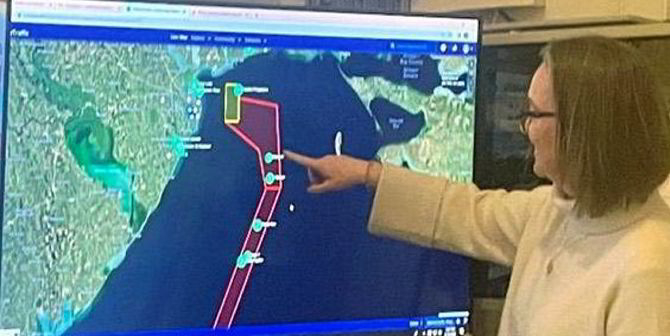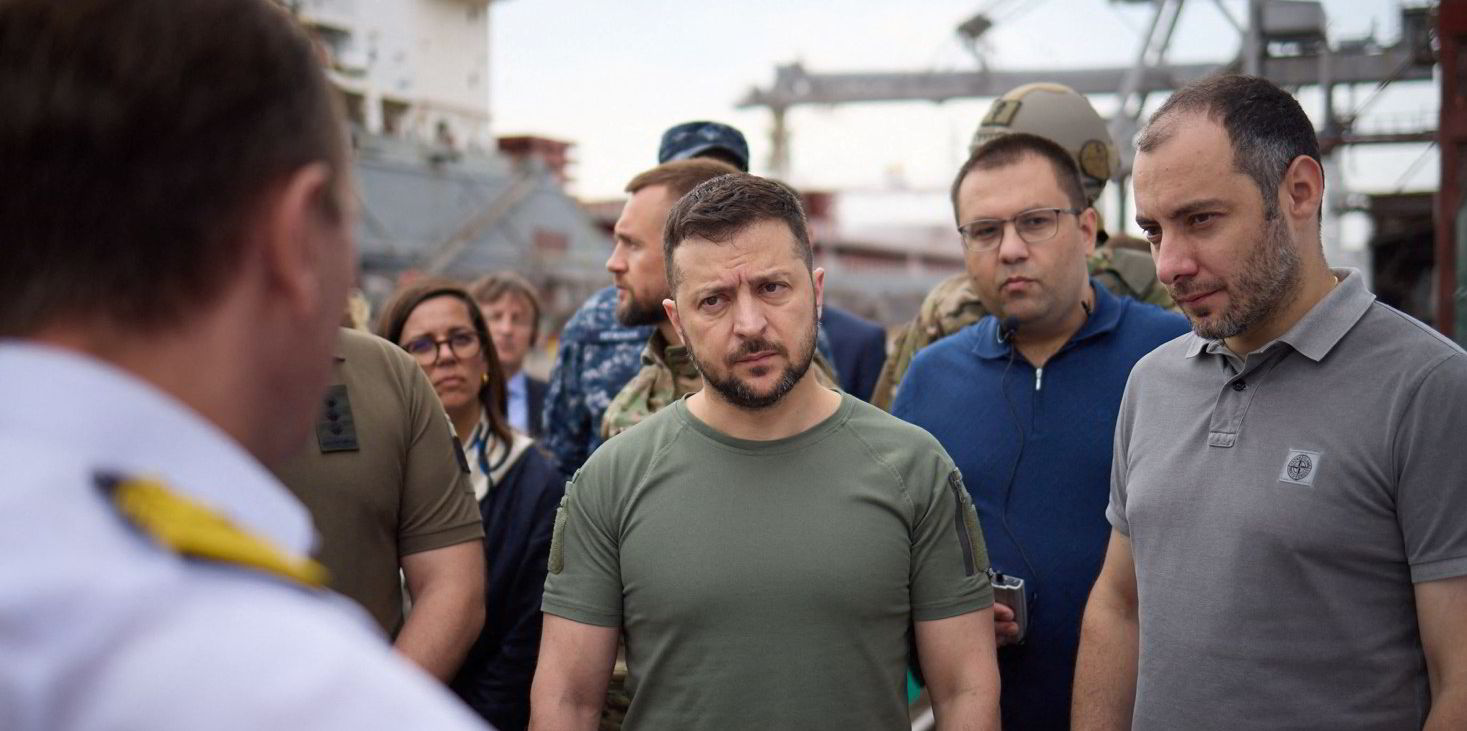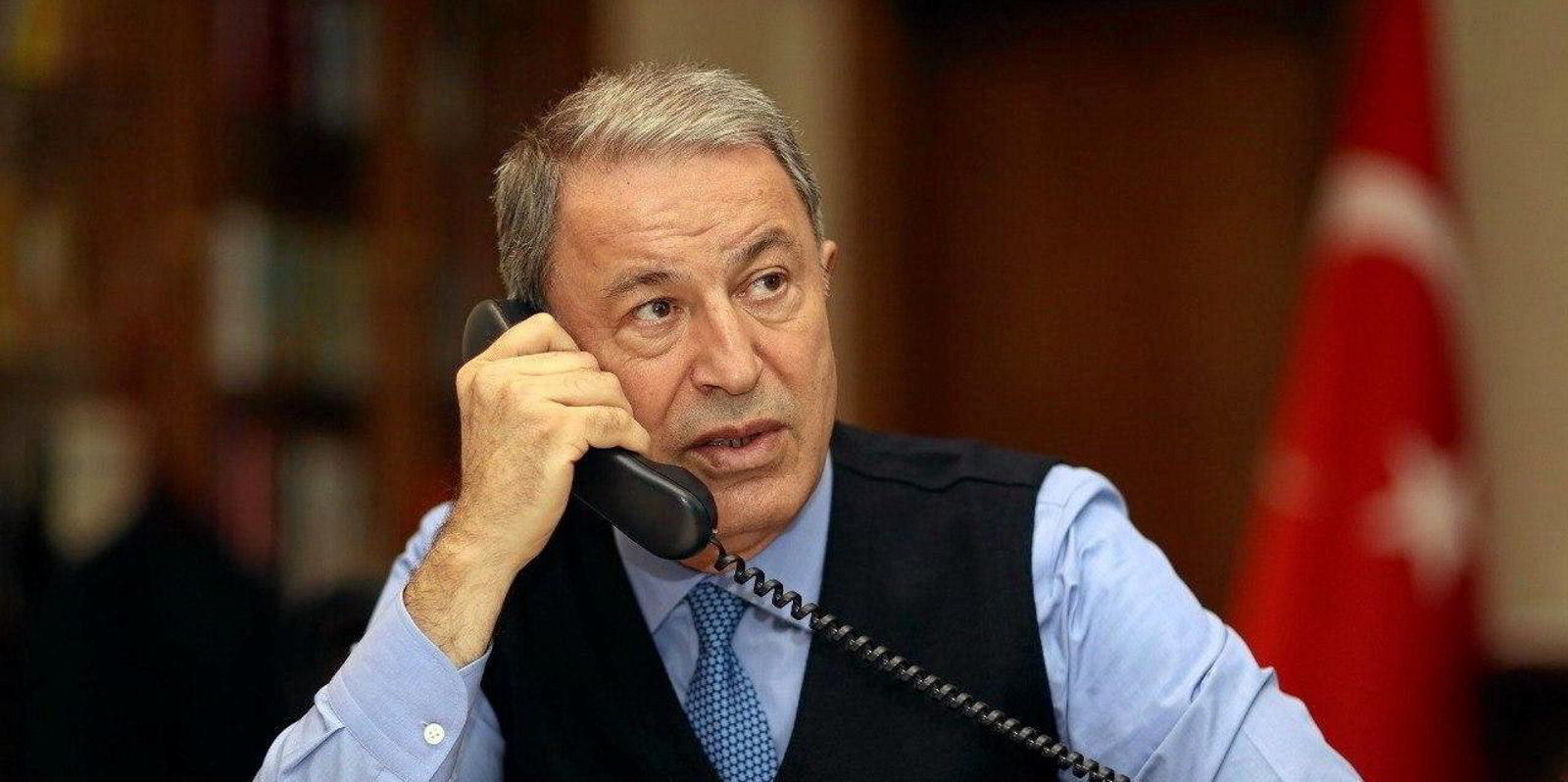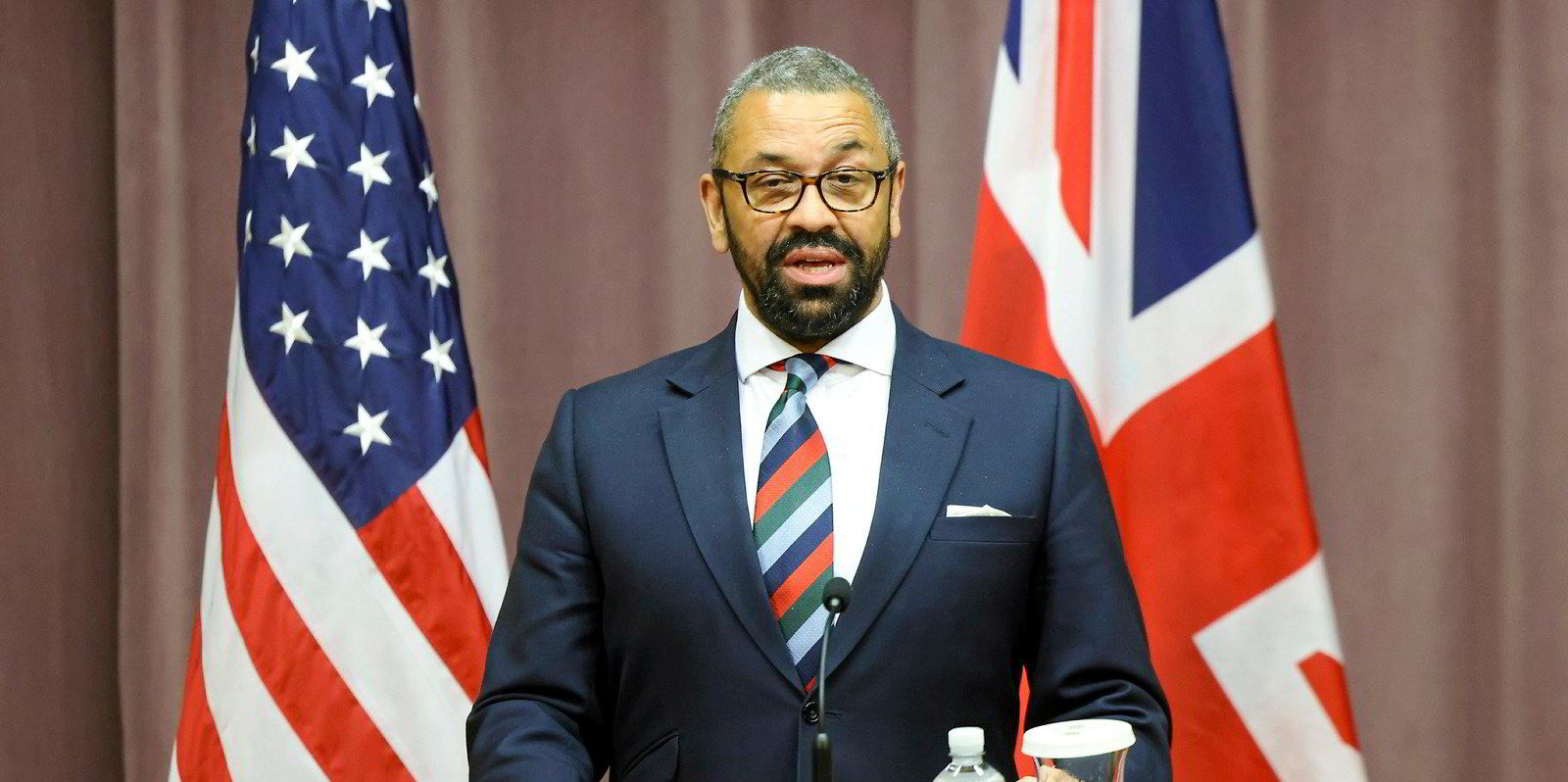Despite weeks of talks, United Nations mediators have failed to get Russia and Ukraine to agree on a set of measures that would allow the Black Sea Grain Initiative (BSGI) to continue beyond its next expiration date of 18 July.
The impasse is already hampering key agricultural exports from the region.
Kyiv refuses to allow Russian ammonia through a pipeline on Ukrainian territory, depriving world markets of a key element to produce fertiliser.
In reprisals, Russian officials at the BSGI’s Joint Coordination Centre (JCC) in Istanbul refuse to clear vessels headed for Yuzhny/Pivdennyi — one of three ports included in the BSGI since the scheme got up and running in August last year.
Excluding Yuzhny/Pivdennyi has slowed down the BSGI. Since 18 May, when the moribund initiative got a new lease of life in the form of yet another stopgap two-month renewal, JCC inspectors have let just 22 inbound bulkers and general cargo ships through.
That is half as many ships as the number cleared over a comparable nine-day period in late January, when the BSGI was operating more or less smoothly.
Excluding Yuzhny/Pivdennyi does not just reduce the number of ships available to get grain and foodstuffs out of Ukraine — it also limits the quantity of cargo they can carry.
That is because Yuzhny/Pivdennyi usually accommodates larger ships than Odesa and Chernomorsk — the other two Ukrainian terminals covered by BSGI.
According to a TradeWinds analysis of data supplied by the JCC throughout the initiative, BSGI ships leaving Yuzhny/Pivdennyi carried an average cargo of 39,000 dwt per ship, compared with 29,300 dwt in Chernomorsk and 29,000 dwt in Odesa.
Russo-Ukrainian bickering affects other maritime agreements as well.
Russia, Ukraine and Turkey had agreed earlier in May to allow the repatriation of six Turkish cargo ships stuck in Ukraine when war broke out in the country early last year.
A long way from home
The deal to bring the six vessels home was seen as a precursor for an eventual agreement to do the same with more than 50 other ships stuck in the region.
However, the Turkish tonnage has still not been repatriated.
According to Russian sources, the Ukrainians insist that they return home through the BSGI. This would effectively cause Mykolaiv and Olvia, the two ports in which the six vessels are currently, to be included in the BSGI as well.
Moscow, by contrast, is loath to see the BSGI extended to other Ukrainian ports and insists that the six ships be repatriated separately, via a route guaranteed by the Russian Navy.
However, the Russian Navy lost much of its appetite to accommodate Ukraine and Turkey after unmanned Ukrainian sea drones unsuccessfully attacked one of its reconnaissance ships near Turkish waters last week.
Following that attack, the planned return on 27 May of the six Turkish vessels was cancelled, the Russian sources said.
The six ships in question are the 10,300-dwt Cengiz Bey (built 2004), 25,900-dwt Mallard S (built 2010), 3,300-dwt Venus (built 1969), 8,200-dwt Zeybek (built 1984), 8,200-dwt Haci Emine Ana (built 1984) and 6,900-dwt Orion S (built 2005).
Any delays in the return of these ships is bad news for the other vessels stuck in Ukraine, including Bernhard Schulte Shipmanagement’s 9,403-teu Joseph Schulte (built 2013).
Unyielding
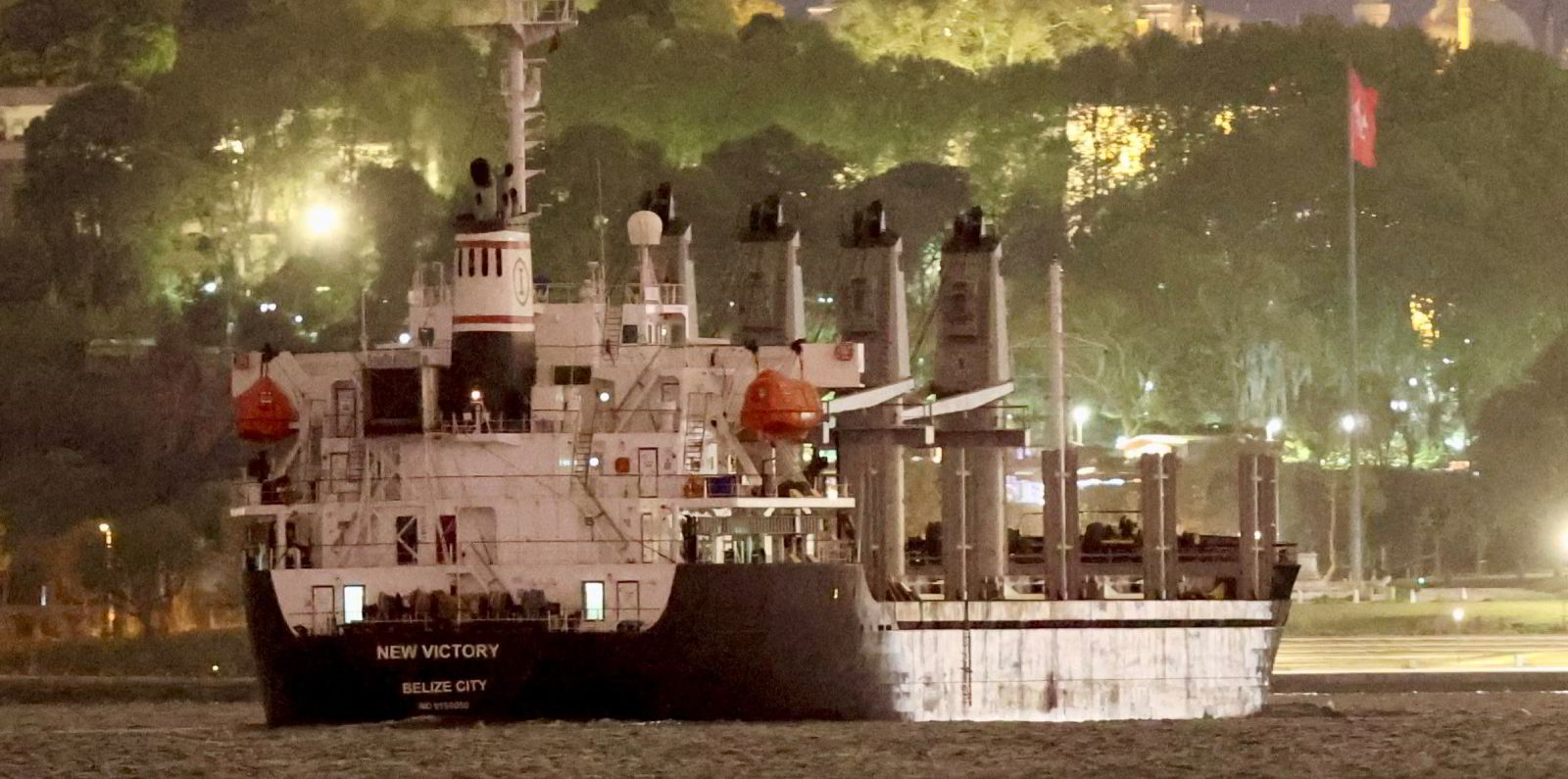
Russia has made it clear that it will no longer renew the BSGI come 18 July, unless the Togliatti-Odesa ammonia pipeline resumes operation and the West softens its sanctions on Russian agricultural products.
Moscow agreed to join the BSGI last year on the understanding that these demands would be met.
However, very little of the above has materialised.
No ammonia at all has been so far transported under the BSGI.
Western sanctions became even tougher earlier in May, when the US and UK sanctioned more Russian shipping companies — one of them for being involved in the export of grain out of Ukrainian territory illegally occupied by Russian forces.
As long as the BSGI goes on, it is primarily Greek and Turkish companies that benefit.
An updated analysis of JCC figures by TradeWinds shows that companies from these two countries have the lion’s share in the UN-guaranteed trade.
Greek-managed vessels alone account for 52% of the 30.5m tonnes of foodstuffs exported under the initiative. The biggest among them is Thanassis Martinos-controlled Eastern Mediterranean Maritime, which employed 18 of its ships there on 24 journeys.
Turkish shipowners and managers are the next busy ones, accounting for 20% of the cargo carried.
